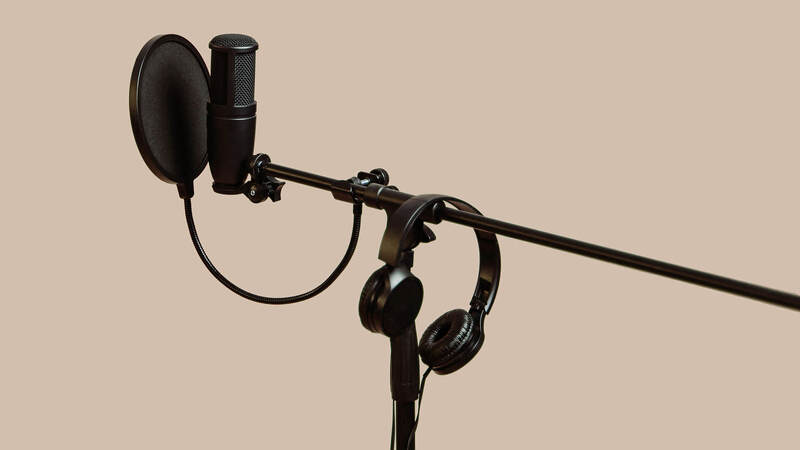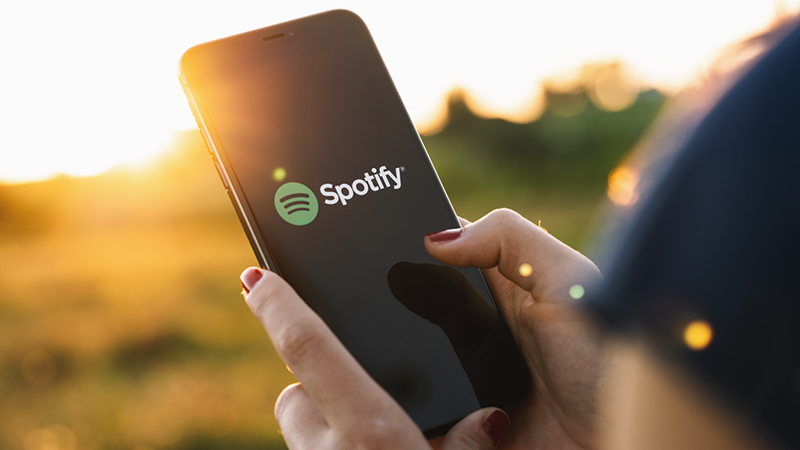You are viewing your 1 free article this month. Login to read more articles.
A matter of volume
I used to imagine an Apple event where its c.e.o. Tim Cook would unveil a standalone audiobook app with exclusive audio-only titles available on subscription.
I used to imagine an Apple event where its c.e.o. Tim Cook would unveil a standalone audiobook app with exclusive audio-only titles available on subscription. He would then invite J K Rowling and Stephen Fry on stage to announce a new audio-first Harry Potter series. Sadly Apple TV+ and Steven Spielberg got in first.
My personal disappointment at Apple’s lack of ambition for audio should not detract from the fact that the storytelling bit of the market for listening remains in rude health. Nielsen’s latest Understanding the Audiobook Consumer shows a seventh year of double-digit growth, with sales about to crest £200m. In the US, figures from the Audio Publishers Association for 2020 show a ninth year of double-digit increase. Audible turned over £187m from its UK business in 2020, representing growth of 30%.
Outside our own range in the UK, the growth in listening—be it from traditional audiobooks, podcasts or music—continues. Spotify’s revenue has more than doubled since 2016 (it surpassed Penguin Random House in 2017,) and today has announced a deal to buy Findaway, the US audiobook business; in December Amazon bought podcast platform Wondery for a reported $200m; while Storytel, Sweden’s answer to Audible, grew its half-year sales to £90m (and this week bought AudioBooks.com), with Bonnier-owned rival Bookbeat hot on its heels.
From a once smallish cottage industry that serviced libraries, those with reading difficulties and (with intermittent support from the high street) CD buyers, audiobooks are now central to a global storytelling industry whose potential risks stretching way beyond the publishing sector’s ability to service it. Storytel is the harbinger of things to come: in the summer it announced a deal with the Conan Doyle Estate for a new scripted audio series of Sherlock tales to be written by a team of writers under Anthony Horowitz. Tangentially, Apple has also got in on the act: watch its series “Calls” via Apple TV+ and tell me if that isn’t one of the most exciting audiobooks released this year?
The wider vision for audio is stymied by a number of things. It remains expensive to produce, and actors are a scarce resource (electronic voice is not yet the alternative it may one day be). Audible remains far too dominant, with Google, Apple and AudioBooks.com bit-part players. Audible aside, those with the biggest audience of listeners operate streaming models that the big UK and US publishers eschew. I’ve never taken the view that books should become a subscription service just because film and music have, but for those innovating in this space, it is their financial underpinning and how they recruit new customers.
In my interview last week with Tony Nash, the co-founder and c.e.o. of Australian internet bookseller Booktopia, he argued that the pandemic showed that readers preferred to wait for print books rather than download digital content. “The experiment is over,” he said. Nash’s point is well made: book lovers cleave to print, and happy is the world where this remains the case. But as far as audio is concerned, I wonder whether we have given up on the experiment, or whether the experiment has given up on us.


















